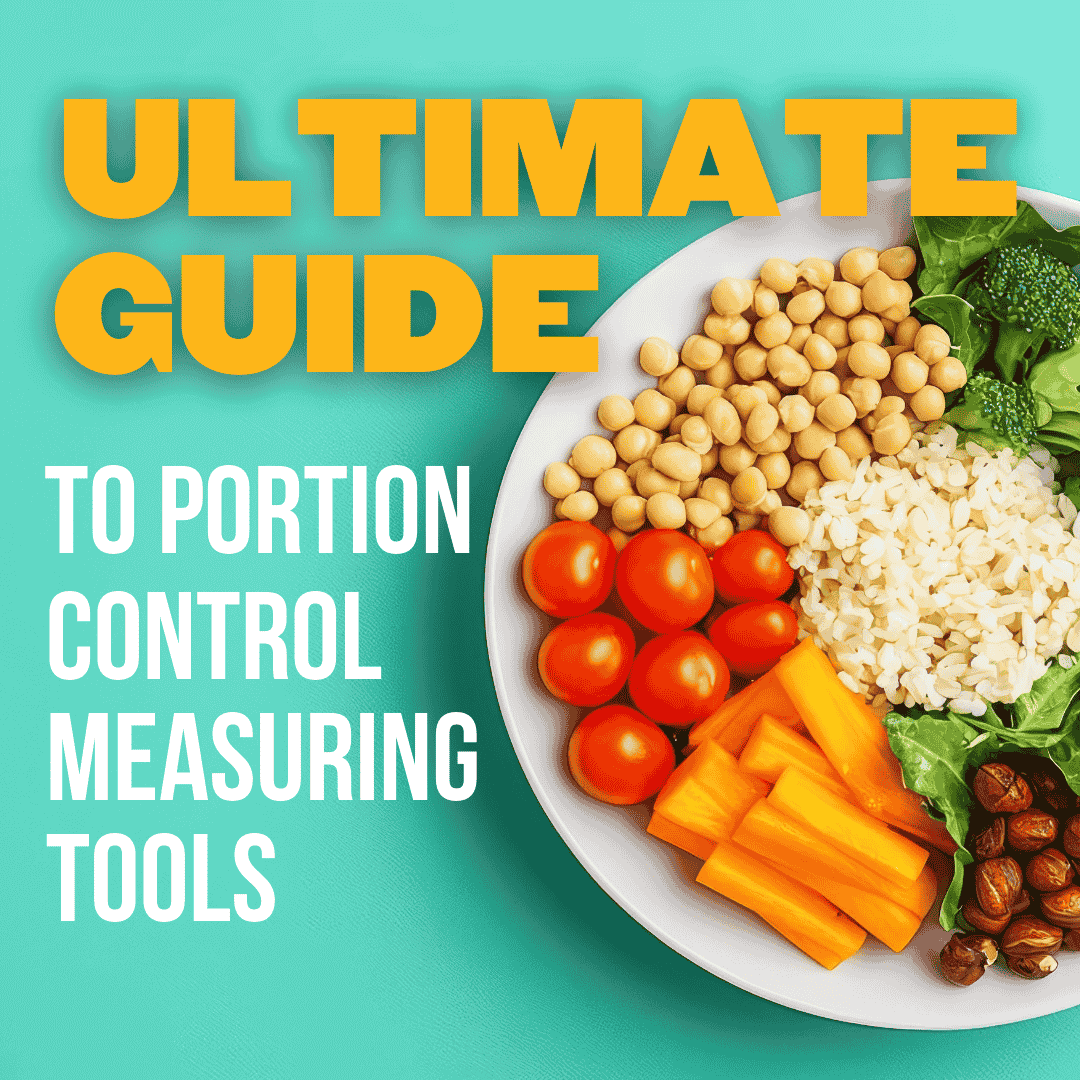
How to Make Healthy Habits Stick Long-Term
Jason Nista
Nutrition
|
Healthy Lifestyle
|
Mental Health
10 minute read
Table of Contents
Want to build healthy habits that last? It’s not about willpower - it’s about strategy. Research shows that small, consistent changes are the key to long-term success. Here’s how you can make healthy habits stick:
- Start Small: Focus on manageable goals, like adding one vegetable to each meal.
- Shape Your Environment: Make healthy choices easy - lay out workout clothes or stock healthy snacks.
- Use the Habit Loop: Identify triggers, take action, and reward yourself to reinforce habits.
- Stay Accountable: Share goals with friends or join a supportive community.
- Plan for Setbacks: Prepare for challenges like stress or time constraints with backup plans.
On average, it takes 66 days to form a habit, so consistency is key. Focus on progress, not perfection, and use tools like meal delivery services or habit-tracking apps to simplify the process. Ready to start? Pick one small change today and build from there.
The Science of Making & Breaking Habits
How Habits Form
Learning how habits develop in the brain can make it easier to build lasting, healthy routines. The science behind this process explains why some behaviors become second nature, while others feel like a constant struggle.
The Habit Loop: Trigger, Action, Reward
At the core of habit formation is a three-step process called the habit loop. This cycle includes specific components that work together to create automatic behaviors:
| Element | Description | Example |
|---|---|---|
| Trigger | The cue that starts the behavior | Waking up in the morning |
| Action | The behavior itself | Morning exercise |
| Reward | Positive reinforcement | Feeling energized |
By understanding this loop, you can spot ways to adjust existing habits or build new ones.
"Whenever possible, make the healthy choice the easy choice." - Dr. Susan Czajkowski, NIH News in Health [2]
How the Brain Adapts to Habits
When you repeat a behavior, neural pathways in the brain strengthen through a process called long-term potentiation. Over time, this makes the action feel automatic. On average, forming a habit takes about 66 days, but the timeframe can vary from 18 to 254 days depending on the person and the behavior [2].
Factors that influence habit formation include:
- Repeating the behavior consistently
- Having an environment that supports the habit
- How rewarding the behavior feels
- Individual traits and life circumstances
A helpful technique is habit stacking - attaching a new habit to an existing routine. This takes advantage of already established neural pathways, making it easier to adopt new behaviors [1]. The basal ganglia, a part of the brain responsible for movement and decision-making, helps habits become automatic over time [2].
These insights reveal why small, steady changes are more effective than drastic overhauls. By aligning with the brain's natural processes, it's easier to build habits that actually stick.
Next, we’ll explore strategies to keep those habits going for the long haul.
Steps to Maintain Healthy Habits
Building healthy habits isn’t about relying on willpower - it’s about staying consistent. By following a few practical strategies, you can make these behaviors a lasting part of your daily life.
Start Small and Keep It Simple
Dr. Eileen West advises against making drastic lifestyle changes all at once. Instead, focus on small, manageable actions that you can stick to over time.
For instance, instead of completely revamping your diet, try adding just one serving of vegetables to every meal. Here’s why this approach works:
| Goal Type | Example | Why It Works |
|---|---|---|
| Too Broad | "Eat healthier" | It’s vague and hard to measure. |
| Too Ambitious | "Never eat sugar again" | Sets you up for disappointment. |
| Just Right | "Add one vegetable per meal" | Clear, doable, and easy to track. |
Adjust Your Environment
Your surroundings play a big role in shaping your habits. A few small changes can make healthy choices feel effortless.
Try these tips:
- Lay out your workout clothes the night before if you plan to exercise in the morning.
- Stock your kitchen with nutritious options and ditch the junk food.
- Keep a water bottle on your desk to remind yourself to stay hydrated.
Build Accountability and Find Support
Sharing your goals with others can significantly improve your chances of sticking to them. A strong support system can keep you motivated, especially when things get tough.
Here are some ways to stay accountable:
- Partner up with a friend for regular workouts.
- Join a supportive community or involve family members in your goals.
- Work with a health coach or nutritionist for expert guidance.
If meal planning feels overwhelming, services like Clean Eatz Kitchen can help by providing portion-controlled, healthy meals - making it easier to stay on track.
Research suggests it takes about 66 days for a habit to become automatic [2]. Focus on being consistent, celebrate your progress (no matter how small), and remember that setbacks are part of the process. What matters most is learning how to move forward.
sbb-itb-1989a25
Dealing with Setbacks and Staying on Track
Setbacks are a normal part of building healthy habits. Research shows that even the most committed individuals face occasional challenges on their wellness journey. What matters is how you handle these moments.
Prepare for Challenges
Challenges like schedule changes, social pressures, or stress are inevitable. Planning ahead can make a big difference. Here are some tips to help you stay prepared:
| Challenge Type | Prevention Strategy |
|---|---|
| Time Constraints | Plan workouts ahead of time, and have quick 10-minute exercise routines ready. |
| Social Pressure | Share your goals with friends or family, and choose healthier restaurant options. |
| Stress Triggers | Recognize emotional eating patterns and practice stress-relief techniques. |
Having recovery strategies in place is also key. For example, if bad weather keeps you from outdoor workouts, keep a list of indoor exercises handy. If work stress tempts you toward unhealthy eating, stock up on easy, nutritious snacks and meals for busy days.
Be Kind to Yourself After Mistakes
Self-compassion plays a big role in maintaining healthy habits. Instead of being hard on yourself, try this approach:
- Recognize the slip-up and reflect on what caused it without blaming yourself.
- Make specific adjustments to avoid repeating the situation.
To bounce back after a misstep:
- Look over your food and activity records to spot patterns.
- Channel any frustration into a fun, energizing workout.
- Reach out to a supportive friend instead of engaging in negative self-talk.
- Focus on your next healthy decision rather than dwelling on the mistake.
If setbacks keep piling up, it might be time to rethink your approach. For example, if meal prep feels overwhelming, meal delivery services can provide a convenient backup with pre-portioned, nutritious options during tough times.
With setbacks managed, let’s dive into how meal delivery services can make healthy eating easier and help you stick to your goals.
Using Meal Delivery Services for Healthy Eating
Sticking to healthy eating habits can feel easier when you remove hurdles like meal planning, grocery shopping, and portion control. Meal delivery services step in to handle these tasks, offering a practical solution for those who find meal prep challenging.
Why Pre-Made Healthy Meals Work
Pre-made meals make it simpler to maintain healthy eating habits. Here's how they help:
| Benefit | How It Helps Build Healthy Habits |
|---|---|
| Time Savings | Skips meal planning and grocery shopping, cutting down on decision fatigue |
| Portion Control | Pre-portioned servings help avoid overeating |
| Nutritional Balance | Provides consistent, well-rounded meals |
| Reduced Food Waste | Cuts down on unused ingredients and spoilage |
| Stress-Free Decisions | Removes the daily "what's for dinner?" dilemma |
Clean Eatz Kitchen: A Convenient Option for Healthy Eating
Clean Eatz Kitchen is a great example of how meal delivery services can simplify healthy eating. They focus on making nutritious choices easy and accessible through several standout features.
Their meal plans are customizable, offering options like weight loss, high-protein, and gluten-free meals, starting at $8.99 per meal. There are no subscription requirements, and they provide nationwide delivery with a rotating menu to keep things fresh. Chef-prepared and flash-frozen, these meals are ideal for busy schedules.
With a 4.5-star rating on Trustpilot, customers often highlight how the convenience of Clean Eatz Kitchen supports their long-term healthy eating goals.
Conclusion: Building a Healthier Future
Key Takeaways
Creating lasting healthy habits takes time, effort, and consistency. Research on habit formation highlights that steady, manageable changes are far more effective than intense but short-lived efforts.
Here are some practical ways to make healthy habits stick:
| Success Factor | How to Apply It |
|---|---|
| Start Small | Commit to short daily walks (5-10 minutes) or add one vegetable to each meal |
| Shape Your Environment | Remove unhealthy temptations and surround yourself with healthier options |
| Lean on Support | Share your goals with friends or family who can keep you accountable |
| Use Helpful Tools | Try habit-tracking apps or meal delivery services to simplify decisions |
| Plan Ahead | Anticipate obstacles and create clear, actionable plans to overcome them |
By focusing on these strategies, you can take meaningful steps toward a healthier lifestyle.
Next Steps
To kick off your journey, start small. Think about one simple change you can make this week - like a quick 5-minute walk during your lunch break. As Dr. Susan Czajkowski from the NIH points out:
"You're never too out of shape, too overweight, or too old to make healthy changes. Try different strategies until you find what works best for you." [1]
Another key tip? Shift your mindset. Dr. Lisa Marsch advises:
"Identify negative thoughts and turn them into realistic, productive ones." [1]
Don't hesitate to use tools that simplify your efforts. For example, meal delivery services can make healthy eating easier by reducing the planning and prep work.
Progress comes from building an environment that supports your goals. Lay out workout clothes the night before or keep healthy snacks easily accessible in your kitchen. And remember, setbacks are part of the process. What matters most is getting back on track.
FAQs
How long does it take to form a habit?
The popular belief that habits form in 21 days isn't accurate. Research led by Phillippa Lally found that, on average, it takes 66 days to form a habit. However, this can vary widely, ranging from 18 to 254 days depending on the behavior [1].
Several factors influence how long it takes to form a habit:
- Behavior complexity: Simple actions like drinking more water are quicker to establish, while habits like exercising regularly take more time.
- Personal differences: Personality traits and life circumstances can speed up or slow down the process.
- Environment and support: A supportive setting can make habit-building easier.
- Consistency: Regular practice is crucial for success.
"Everyone has a unique habit-building timeline - and no matter how long it is for any individual, repetition is the key to making it work." [1]
The takeaway? Focus on consistent effort rather than expecting quick results. Building habits takes time, so track your progress and give yourself grace if it takes longer than expected.
Related Articles
How to Snack Smart During Stressful Days
8 minute read
7 Printable Portion Control Guides for Balanced Meals
9 minute read
Ultimate Guide to Portion Control Measuring Tools
7 minute read



